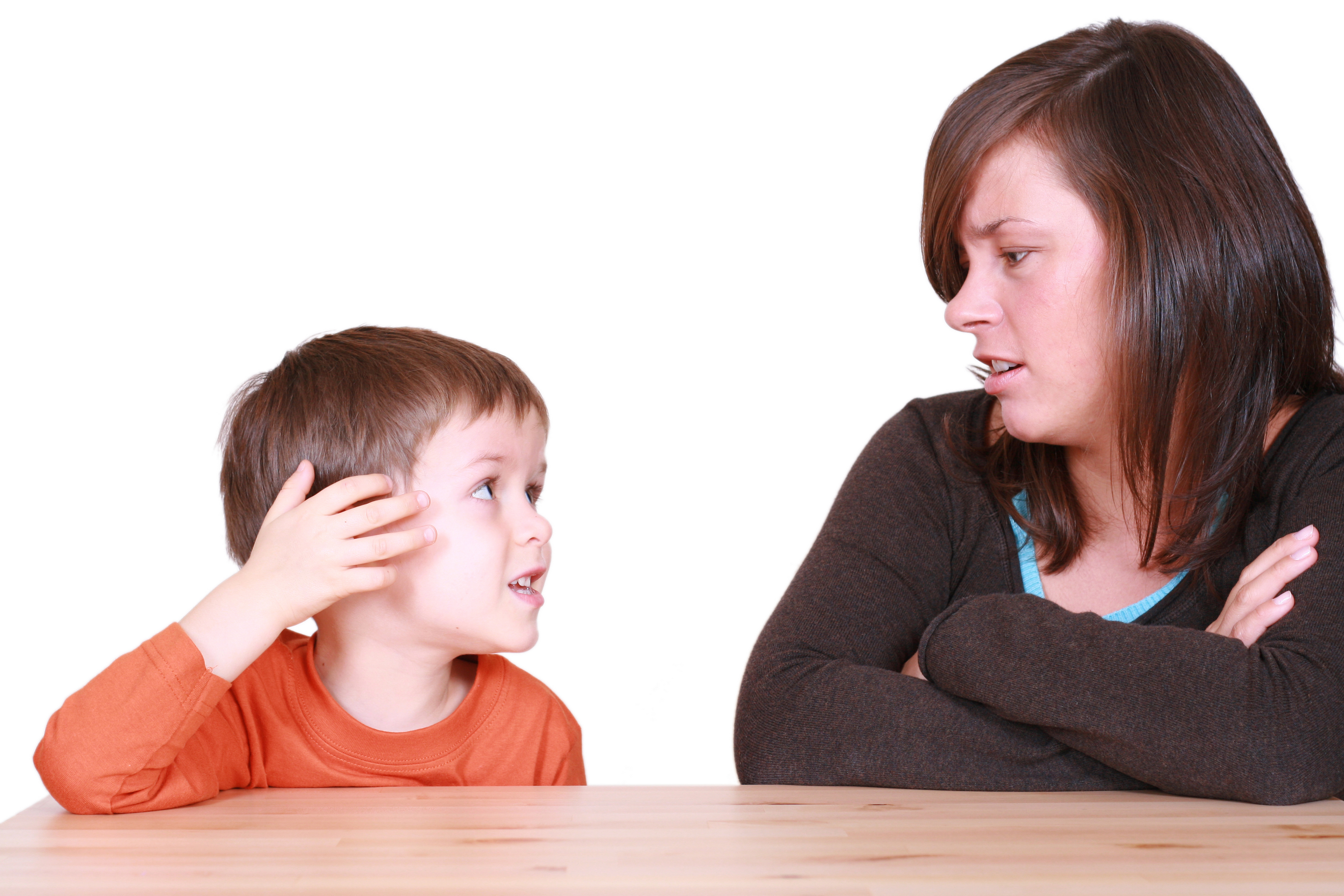How to Talk to Kids about Bullying and Abuse

News reports rarely get more revolting: In the last month, two assistant coaches of big-time college sports teams have been publicly accused of sexually abusing children. But for parents — whose top job is to keep their kids safe — that revulsion may be layered with astonishment, because victims often didn't tell others of the alleged abuse until years later.
Add that to several recent cases of school bullying gone too far – some with deadly consequences – and parents have to wonder why they may be the last to learn that their children are living their worst nightmares.
"Fear of disclosure outweighs desire to share, and that's a big problem," said Dr. Victor Fornari, director of child and adolescent psychiatry at North Shore-LIJ Health System in New Hyde Park, N.Y. "Kids are not likely to just initiate a conversation unless their environment is conducive to that. Kids know what parents want to hear and don't want to hear."
But what parent wouldn't want to hear their child is being molested or bullied? And how can the atrocities at Penn State and Syracuse University — where football's Jerry Sandusky and basketball's Bernie Fine, respectively, allegedly victimized young boys — sway parents to keep their radar up?
The first priority is to encourage open, no-holds-barred communication with kids about myriad subjects, including sex abuse and bullying, from very young ages, Fornari said. They're more likely to trust parents enough to divulge scary experiences if they feel safe doing so.
"There isn't one specific way for parents to initiate conversations helping kids disclose potentially sensitive issues," he said. "Parents should have ongoing conversations where kids feel comfortable — not feeling criticized, not feeling judged — and parents can listen."
What signs can parents look for?
Get the world’s most fascinating discoveries delivered straight to your inbox.
There's more than one way to handle speaking with a child or teen if you suspect they're being victimized, said Michele Borba, an educational psychologist in Palm Springs, Calif., and author of "The Big Book of Parenting Solutions: 101 Answers to Your Everyday Challenges and Wildest Worries" (Jossey-Bass, 2009).
"There's no cookie-cutter approach, but you have to follow your suspicion if you feel this is a possibility," Borba said, "especially if you have evidence or a strong suspicion — someone told you, or you're seeing marked changes that are not normal for your child."
What are those changes? According to Fornari and Borba, they include:
- Sleeping poorly
- Clinginess
- Pulling away from certain peers
- Worsening grades
- Loss of interest in usual activities
- Nervousness about phone calls or emails
Of course, some these changes might only signal a minor, temporary setback for a child — such as not making a sports team or getting a part in the school play — and all kids are unhappy sometimes, the experts said. But in the case of abuse or bullying, these changes will typically continue for at least two weeks, Borba said.
What if they don't want to talk?
"Parents can say, 'I'm really concerned, and here's what I'm noticing. I want to make sure you feel safe,'" Borba said. "Often, their body language can tell you even more than words."
"Are they looking uncomfortable, shutting down or pulling back?" she added. "You may see a moment of shame or guilt on their face. Watch to see how your child responds to your questions."
If a child just won't answer any questions or shrugs them off, Fornari recommended taking a lighter approach.
"You don't want to come across like a sledgehammer, because you don't want them to stop the conversation," he said. "Say to them, 'I hope if there is something going on, you feel comfortable coming to me when you're ready.'" And be prepared to consult with a pediatrician or school psychologist for backup.
Above all, parents should trust their gut instincts, Borba said.
"Probably the most telltale sign is a parent who said, 'I just knew,'" she said. "No one knows your child better than you."
Follow MyHealthNewsDaily on Twitter @MyHealth_MHND. Find us on Facebook.
 Live Science Plus
Live Science Plus





